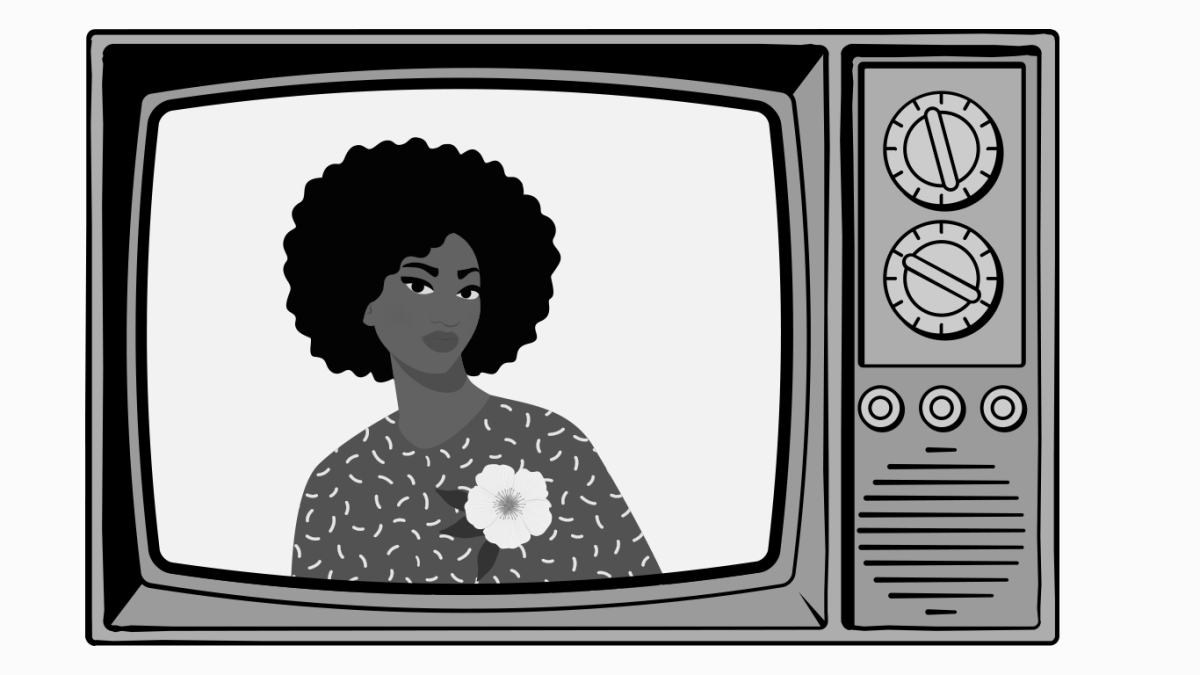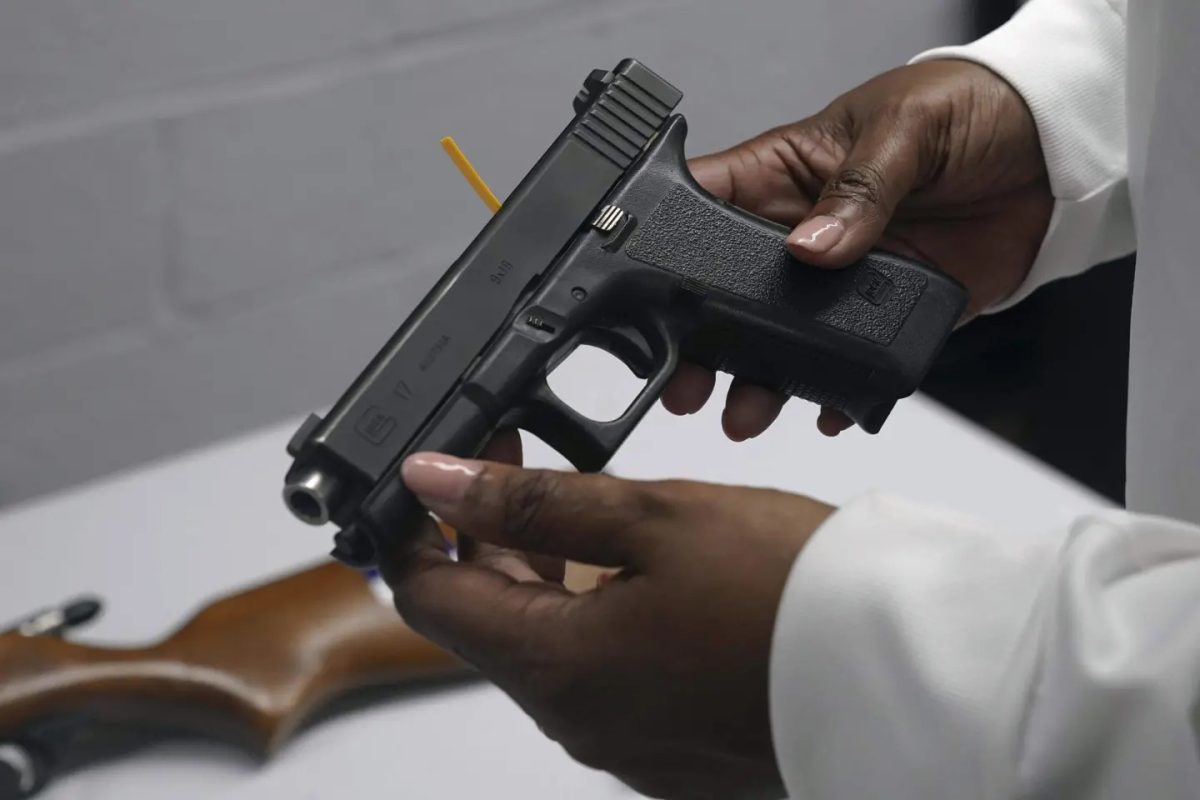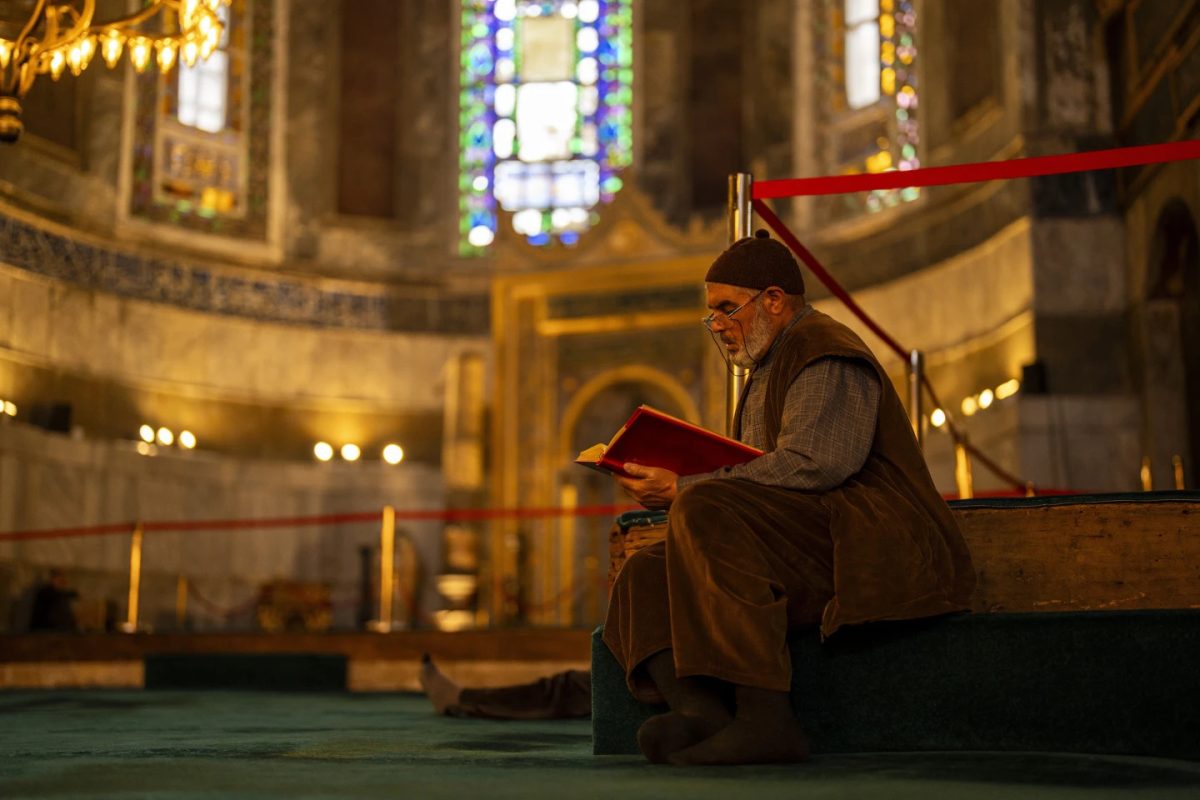February is the month of love, Black history and “The Bachelor.” So, in its wake, it’s the perfect time to analyze how far Black women have come on reality dating shows. Since reality TV is a relatively young medium, its history is quite short, but impactful.
Tiffany “New York” Pollard’s impact has been polarizing for the image of Black women on reality TV. Her shenanigans on “Flavor of Love” and “I Love New York” spawned several memes and put a focus on Black women, but they also reinforced racist stereotypes that Black women are still fighting today.
Loud, ghetto, ratchet, etc. are words that were used to describe Pollard and the women that came after her. Because these stereotypes spilled over from TV to reality, they led the Black women that would go on reality dating shows to shift their approach.
On shows like “The Bachelor,” “Are You the One?” and “Love Island,” Black women started to tone down their personalities to beat stereotypes and appeal to white audiences.
The negative portrayal also led to a decrease in casting for Black women. By the 2010s, reality TV fans were practically begging for Black women to be on shows that weren’t “Bad Girl’s Club” or “The Real Housewives.” Lack of representation in a pop culture space can be harmful for any marginalized group.
Black women were hardly represented on these shows, which sent the message that they were undesirable. These women were always used as a filler or the butt of the joke. When the only representation on reality dating shows is negative, the question of desirability for Black women can translate off screen.
It may seem silly to think that reality TV has this much influence, but it truly does. So many social media references, memes and skits have been sourced from different reality TV shows.
This influence also includes how the world views Black women. That’s not to say that we were treated like royalty in the U.S. to begin with, but the negative image on screen worsened the idea of who Black women were and are today.
Soon came the “token Black girl” trope, and Black women became a means to an end for TV networks. These women were simply used to fill space and meet diversity quotas. As a viewer, it felt as though these shows were performatively casting one or two Black women in efforts to shut us up.
The antics didn’t stop there. After relentless begging from viewers, dating shows began casting at least one Black woman and one Black man. This wouldn’t be much of an issue; however, these contestants were always coupled up and not always given the opportunity to explore connections with other castmates.
It was almost expected that the two Black castmates would be together from beginning to end, regardless of compatibility and attraction. This trend is especially noticeable in the original “Love Island” series.
Meanwhile, castmates of other races were always able to date around without second guessing themselves because of their skin color. Limited screen time and the casting of men that don’t typically date Black women has been an ongoing cycle for several seasons on different dating shows.
Things came to a halt in the fall of 2020 when “Love Island USA” season two premiered, and contestant Justine Ndiba caught the attention of viewers and immediately garnered their support.
During that season, Nbida trended for days at a time on Twitter (X), and it was the first time that a Black woman on a reality dating show was truly seen from beginning to end.
Fans called out her lack of screen time, and the showrunners fixed those issues in real time. Even edits that painted her in a negative light were outshined by the support from viewers. Nbida ushered in a new wave of support for Black women on dating shows worldwide.
Seeing a shift in the way Black women are treated on these shows has been a breath of fresh air. Just as the negative stereotypes created real strife for Black women, seeing these women positively will also impact how we’re treated in reality.
It can be argued that Pollard caused more harm than good, but Black women’s advancement in these spaces wouldn’t be possible without her. Fans wouldn’t have Rachel Lindsay, the first Black bachelorette or Ndiba without the infamous “New York” persona that Pollard created.
Black women are now able to be vulnerable and romantic in the same ways as their white counterparts on these shows. Creating the space for this to happen has been monumental for Black women, on and off screen. And while the tides are changing, there’s still more work to be done.
Jemiah Clemons is a 20-year-old kinesiology sophomore from Miami, Florida.







